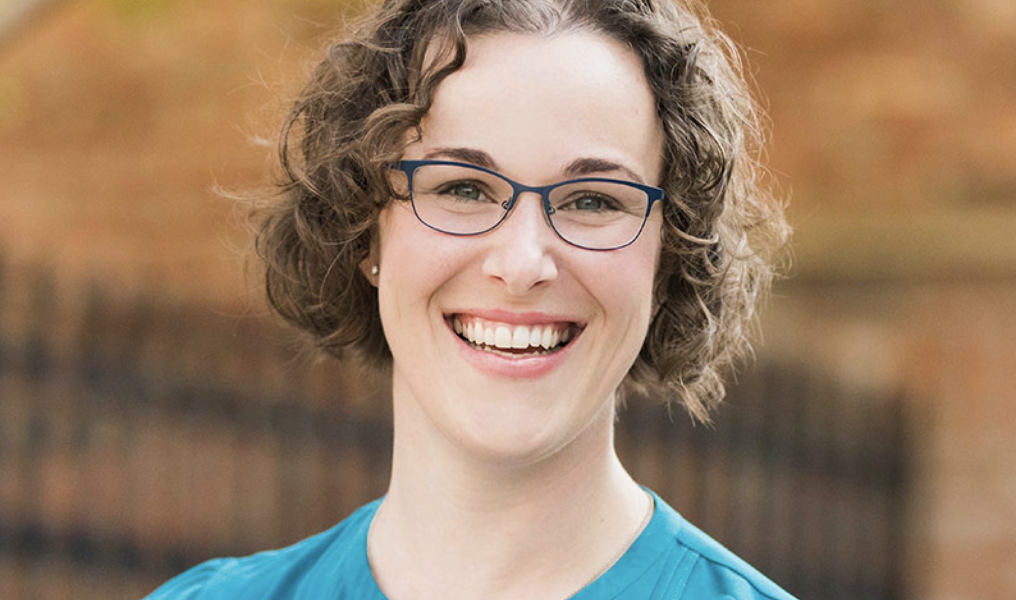Data, and how it is collected, can have a big impact across a community. Naomi Goldberg, deputy director and LGBTQ program director for the Movement Advancement Project, wants Michiganders to know the importance of the Census, and how it impacts everyone's lives.
"Data is important for the inclusion of all identities, and there is an ongoing need for [LGBTQ+ identities] to be represented within state, federal and local surveys," Goldberg said.
Speaking with Between the Lines regarding her presentation at the 2021 Creating Change conference titled Queering the Census Today and Tomorrow, Goldberg reflected that message. The Census is the "gold standard" of data that thousands of local, state and federal policy decision-makers use. The decision as to whether or not communities receive the novel coronavirus vaccinations was informed by Census data. Similarly, the potholes that are — or aren't — being fixed on roads are also informed by funding decisions based on Census data. The U.S. federal government administers the short survey every 10 years. Of course, policy decisions are not just about vaccines and roads, they are also tied to communities and the people that live within.
Goldberg explained that "Queering" the Census is to include questions about participants' sexual orientation and gender identity. Questions such as a person's race, sex, national origin and age are already asked. Sex, however, is presented in binary male and female options and neither gender identity nor sexual orientation are solicited. The result is that the policymakers lack discrete data on those identities and legislators have to argue positions based on extrapolations of other Census responses.
The development of the 2020 Census questions was not an apolitical process. Long before 2020, policy advocates have been seeking to queer the Census. Most recently, in 2010, national organizations such as the National LGBTQ Task Force asked survey respondents to seal their Census responses with a pink sticker. The sticker represented the political will that LGBTQ+ folks should be counted, with large text that read, "ATTN: U.S. CENSUS BUREAU IT'S TIME TO COUNT EVERYONE!" with checkboxes for several sexual orientation identities.
The political pressure seemed to be making headway, as federal lawmakers later sent a letter urging their colleagues to consider questions that counted LGBTQ+ populations. However, the survey would not include those questions due to ongoing pressure from the Trump administration.
Michiganders are directly impacted by Census data. In addition to the state losing a U.S. Congressional seat after the 2010 Census, some are worried that the same could happen after the 2020 Census. Less representation at the federal level could have a wide impact — but that's not the only consequence to consider.
Goldberg also shared that queering the Census is not simply asking for gender identity and sexual orientation but that taking a critical eye to the questions we already ask — including those on race — could have very impacts for local communities.
For example, many Middle Eastern and North African communities are not accurately represented by the Census' options as they are classified by the U.S. government as white. Policymakers may not see the reality of the communities they are representing and affecting by their decisions if the data presented to them is partially or wholly incorrect. According to Goldberg, Michiganders can be better counted in these surveys by contacting their local, state and federal representatives to let them know their thoughts about how data is collected.
Goldberg shared that as we look back at the 2020 Census and say, "We made it," we also need to look to the future and be frank, asking "what's coming next?"
"We already have federal surveys that ask some of these questions," she said. "Let's get going. Being counted is very important to capturing what's at stake."
Naomi Goldberg is Deputy Director and LGBTQ Program Director with the Movement Advancement Project.










